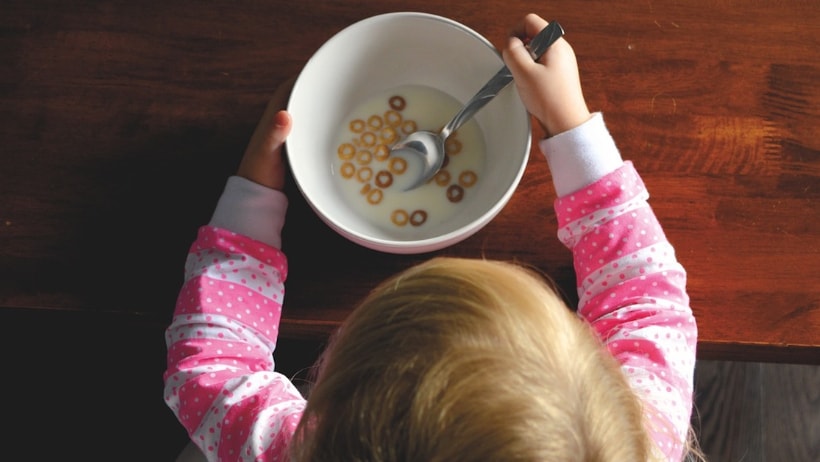I get emotional when I stop to think about my beautiful daughter growing up. Each phase, even the tough ones, are precious and so fleeting. I look forward to each new milestone she will achieve, but still mourn the passing of each day as she grows out of her younger self and relies less on me. Obviously she’s still a child and will depend on me for many years to come, but early milestones like weaning and transitioning to solid foods meant that for the first time in her existence it wasn’t my body directly nourishing hers. I was simultaneously sad this specific bond was broken and proud that we’d come so far together and were both ready to move on to the next phase. As a mom, I was sentimental yet satisfied that I did what I needed to do in order to care for, nourish, and sustain my baby.

In Parshat Shemot, Moshe’s mother Yocheved is faced with a difficult choice. The parshah, which begins the second book of the Torah, illustrates for us how skewed our own perception of self can be, and it serves as the turning point from the leadership of Abraham, Isaac, and Jacob to that of Moshe. Shemot leads us quickly through the change in Egypt as a new pharaoh who isn’t so keen on the Israelites decrees that all males born should be put to death. Thankfully the midwives ignore this decree, and Moshe is kept alive. As an adopted Egyptian, Moshe joins the palace, but later learns he’s an Israelite. He flees out of fear for his life, marries a Midianite woman, and becomes a father. It then takes an unusual interaction with God for Moshe to become a leader to his true people and confront his former grandfather figure with the support of a God he has only recently learned about.
At the beginning of the text, Moshe’s birth itself is an impossibly difficult parenting moment. Yocheved knows that if she keeps her son, he is likely to be murdered, given Pharaoh’s decree. However, she exhibits incredible faith and hopefulness by letting her son go, putting him in the Nile, and praying that some kind soul finds the baby, takes pity on him, and takes him in. When Pharaoh’s daughter does find Moshe in the river, Moshe’s sister Miriam, who had been watching the path of the basket, offers to have a “Hebrew woman be his wet-nurse.”
Pharaoh’s daughter is often the focus of this section, since she is the one who acts on her pity and rescues the baby, but it’s really all three women who conspire to sustain and support this child and allow him to thrive. Yocheved acts on faith, Pharaoh’s daughter shows compassion, and Miriam uses quick, intelligent decision making.
Parshat Shemot brings to light the notion that a parent or guardian has to make tough decisions all the time, and the right decision for one family isn’t necessarily the same decision another family would make. We can only strive to be as bravely hopeful as Yocheved, as compassionate as Pharaoh’s daughter, and as keenly observant as Miriam when it comes to doing what is right for our children and our community.



